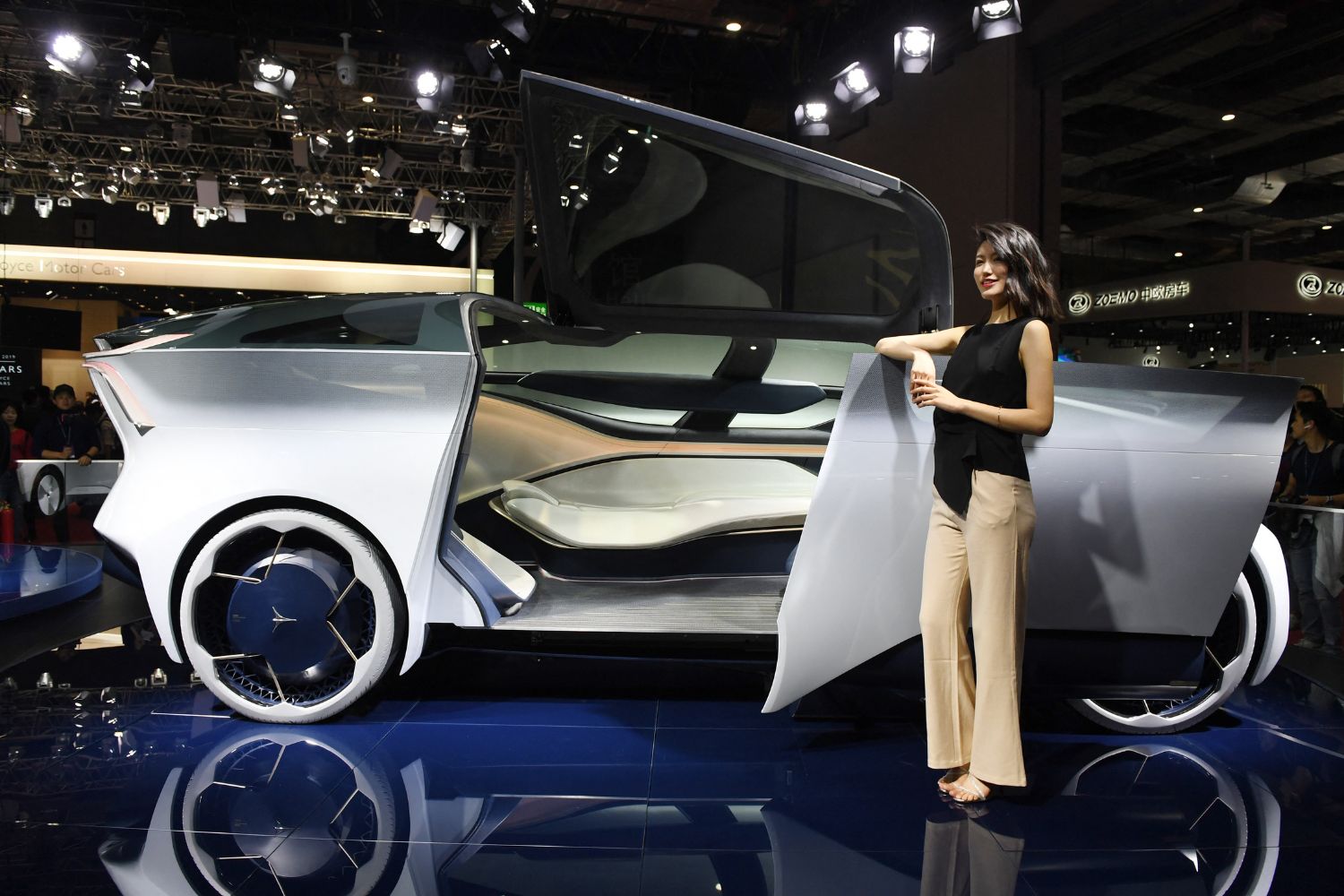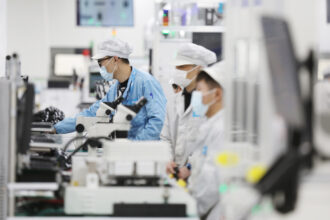In an evolving economic landscape marked by increasing global competition and shifting trade dynamics, the European Union has imposed tariffs on electric vehicles (EVs) imported from China. This move has significant implications for the burgeoning Chinese EV industry and the broader international market.
China has rapidly emerged as a powerhouse in the electric vehicle market. With substantial investments in technology, manufacturing, and infrastructure, Chinese companies have positioned themselves as leaders in the global shift towards sustainable transportation. Companies like BYD, NIO, and Geely have not only captured significant market share domestically but also started expanding aggressively into international markets, including Europe.
The European Union’s decision to impose tariffs on Chinese electric vehicles stems from concerns over market distortion and unfair competition. European manufacturers, still scaling up their electric vehicle production, have raised alarms about the potential flooding of the market with cheaper Chinese models. The EU argues that state subsidies in China give these vehicles an unfair advantage, allowing them to be sold at lower prices than their European counterparts.
The tariffs, which range from 10% to 25%, aim to level the playing field. While this move is intended to protect European manufacturers and foster fair competition, it has sparked a considerable debate about its impact on the EV market and broader trade relations. China’s electric vehicle industry, which has enjoyed robust growth and international expansion, faces a new set of challenges with the introduction of these tariffs.
One of the significant advantages of Chinese EVs has been their cost competitiveness. The tariffs undermine this by increasing the final price for consumers in Europe. This could lead to reduced sales and slower market penetration. Chinese manufacturers may need to reassess their strategies. This could include shifting focus to other markets with fewer trade barriers, such as Asia, Africa, or South America, where the demand for affordable electric vehicles is also growing.
To counteract the price increases, Chinese companies might invest more in innovation and improving vehicle quality. By offering superior technology, longer battery life, and better customer service, they can attempt to justify the higher costs and maintain their competitive edge. There might be efforts to localize production within Europe to bypass the tariffs. Setting up manufacturing plants in Europe would not only circumvent the tariffs but also align with local content requirements and foster better relations with European governments and consumers.
The introduction of tariffs on Chinese electric vehicles is not just a bilateral issue but one that has ripple effects across the global EV market and international trade relations. The tariffs could reshape market dynamics, providing a boost to European manufacturers like Volkswagen, BMW, and Renault, who are ramping up their EV production. This could accelerate the transition to electric vehicles within Europe, aligning with the EU’s ambitious environmental goals.
ALSO READ: Saudi Arabia introduces world’s first self-driving aerial taxis during Hajj season
This move adds another layer to the complex trade relationship between the EU and China. While it addresses specific concerns about market fairness, it could also lead to retaliatory measures from China, affecting other sectors and further straining bilateral ties. Both Europe and China have set ambitious targets for reducing carbon emissions and promoting sustainable transportation.
The tariffs could potentially slow down the adoption of electric vehicles in Europe, hindering progress towards these environmental goals. The EV market is heavily reliant on global supply chains for components like batteries, semiconductors, and raw materials. Tariffs could disrupt these supply chains, leading to increased costs and production delays. Companies might need to seek alternative suppliers or invest in local production capacities.
By focusing on enhancing the value proposition of their vehicles, Chinese manufacturers can appeal to European consumers despite higher prices. This includes advancements in autonomous driving technologies, longer battery life, and improved design and safety features. Establishing partnerships or joint ventures with European companies can help Chinese manufacturers navigate the new trade landscape. These collaborations can facilitate technology exchange, market insights, and localized production, reducing the impact of tariffs.
Diversifying their market reach by expanding into emerging markets can offset the losses from reduced sales in Europe. Countries in Southeast Asia, the Middle East, and Africa offer significant growth potential for affordable and efficient electric vehicles. Engaging with policymakers in both China and Europe to seek negotiations or adjustments to the tariff policies can be another strategic response.
Diplomatic efforts aimed at finding common ground on trade and environmental goals could lead to more favorable conditions for Chinese manufacturers. The EU’s imposition of tariffs on Chinese electric vehicles marks a pivotal moment in the global automotive industry. While aimed at protecting European manufacturers and fostering fair competition, the tariffs present significant challenges for Chinese EV companies and have far-reaching implications for international trade, market dynamics, and environmental goals.
Chinese manufacturers will need to navigate this complex landscape with strategic agility, innovation, and adaptability. The next few years will be crucial in determining how these companies adjust to the new trade barriers and continue their global expansion. Meanwhile, the broader market will be closely watching the outcomes of these tariffs, as they could set precedents for future trade policies in the rapidly evolving electric vehicle sector.
ALSO READ: BYD: Chinese electric vehicle giant that has overtaken Tesla on sales













